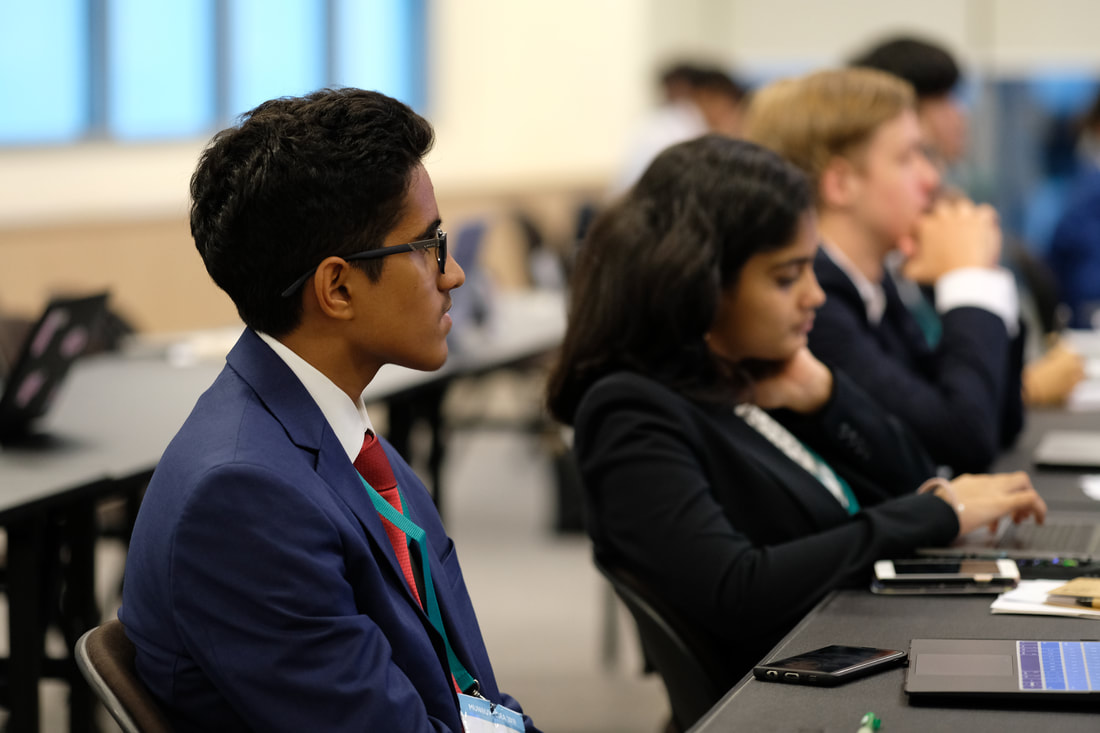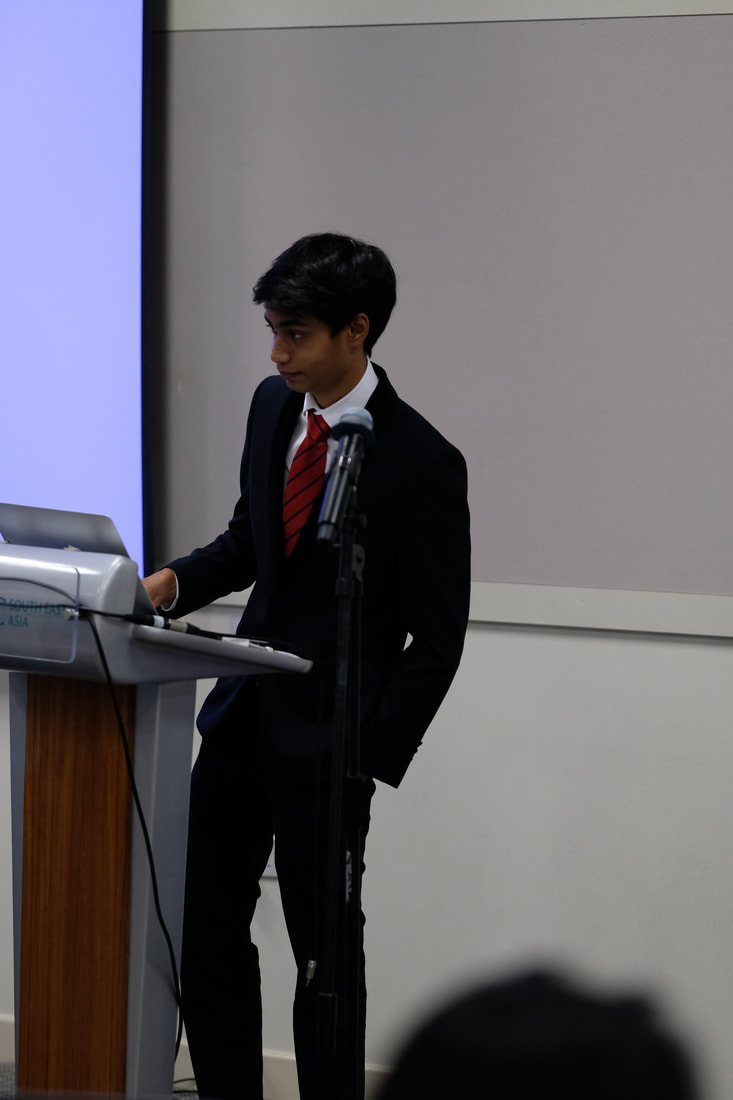|
Written by Ayasha Medina of Inkling for UWCSEA MUN. War zone safety is still one of the most pressing issues in the world, especially in places where there i’s less accountability and the people who have power can do whatever they like. Today, 30 Human Rights Council delegates gathered to discuss one of the biggest issues relating to warzones: arbitrary detentions. The room fell into a dilemma of whether to go through with the concept that violates the UN’s Universal Declaration of Human Rights or to put the safety of their nation first. In South Sudan, The National Security Service arrested six individuals unlawfully without authorization by any judicial authority. In Egypt, human rights defender Ibrahim Ezz El Din was arrested by the Egyptian security forces and taken to an unknown location. In Israel, human rights defender Hafez Omar was detained without any charges being pressed against him, and is still under detention now without any access to his lawyer. A resolution was written to tackle this issue, led by Bangladesh as the main submitter, together with India, Israel, Myanmar, Nepal, and Pakistan as the co-submitter. The delegate of Bangladesh started their speech with a statement that arbitrary detention has stopped at least one terrorist attack this year only, saving a great number of lives, and urges all nations to vote for the resolution to sustain human rights. Many questions were raised from the resolution––the delegate of Thailand raised a concern on how the submitters can be so sure that the resolution of enabling arbitrary detention won’t be misused. The delegate of Israel gave a very strong statement in their speech regarding the concern later on, “This resolution is to be utilized by responsibility; it is a safety measure and not an ability to exploit.” The delegate of India also opened their speech by stating that arbitrary detention has prevented a lot of deaths, and that it is a better way to ensure the safety of a nation as a whole, even if it doesn’t align with the Universal Declaration of Human Rights. This point was brought up multiple times in the debate, the cloud of dilemma between decisions floating above the room. “As a delegate for a nation that has suffered numerous terrorist attacks, the delegate of Pakistan thinks that arbitrary detention is absolutely necessary for the prevention of violent actions in the future.” The delegate of Pakistan said when they took the podium. “Not only is arbitrary detention unrestrained by the chain of bureaucracy, it’s also capable of preventing violent actions by potential perpetrators.” The delegate of Saudi Arabia raised a point of clarification to the chair, if such a resolution that violates the Universal Declaration of Human Rights so blatantly is truly what was going on in the debate, to which the chairs replied with clarification that the resolution submitted acts more of a guidance. It is a suggestion to the nations in terms of dealing with the issue of arbitrary detention. It is indeed a never ending question on whether or not it would be good to fight violence with violence, and if it is worth having one death or detention to prevent others’. There was a lot of contradicting opinion in the room, but the conference still unfolded smoothly despite some of the repetitions, emphasizing the dilemma the delegates are facing. However, there’s a strong feeling of consideration of human rights, whether if someone is for or against the resolution, bringing a sense of beauty of humanity to it.
0 Comments
Leave a Reply. |
InklingInkling is UWCSEA East's Literary Magazine. It is a student-led publication that aims to showcase the diversity and creativity of our school through its output. Press CorpsUse this section to catch up on all the exciting resolutions that were debated at UWCMUN 2021 ArchivesCategories |


 RSS Feed
RSS Feed